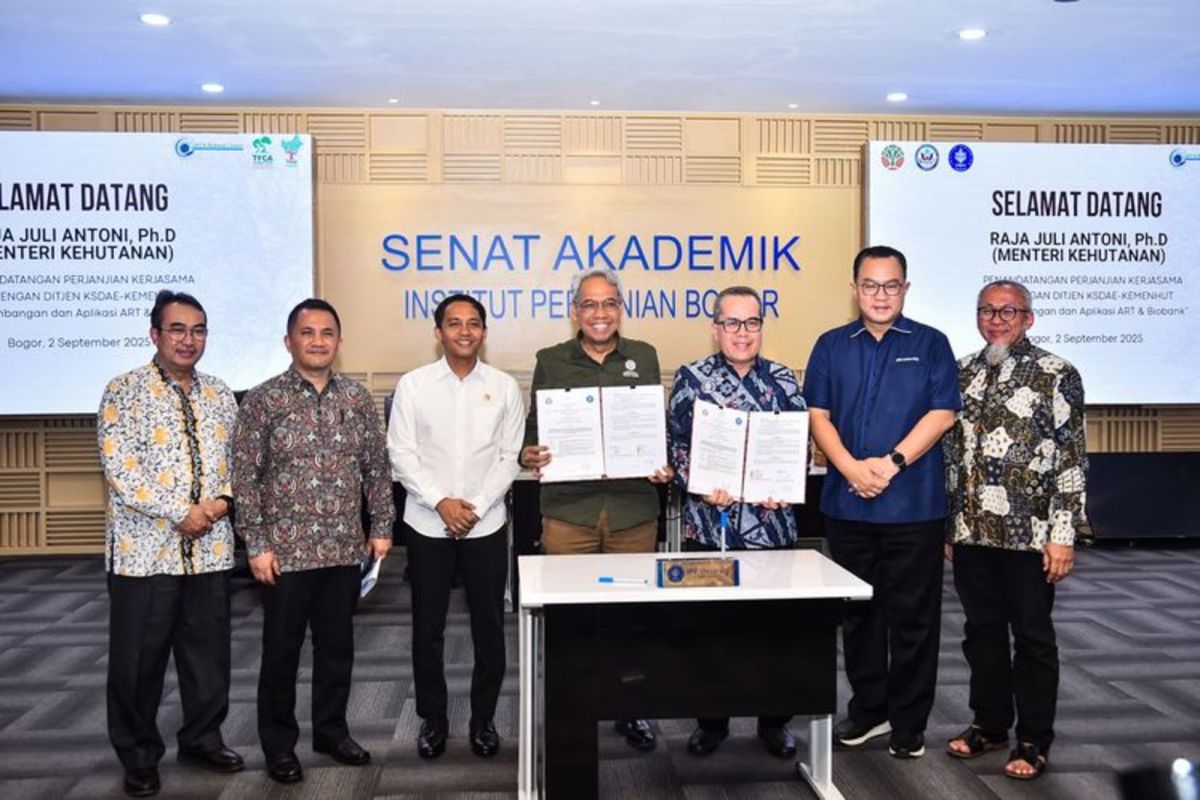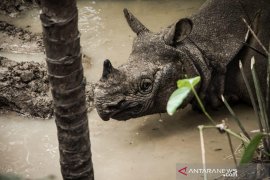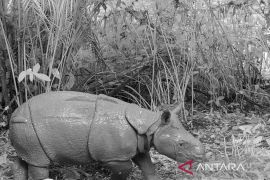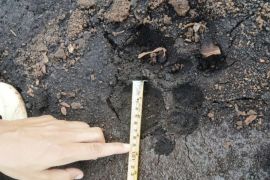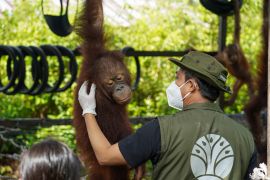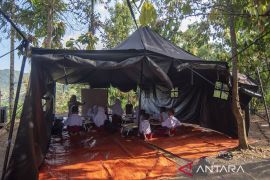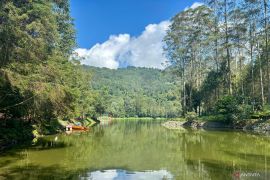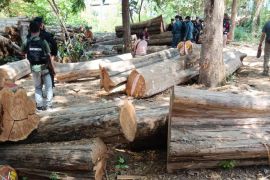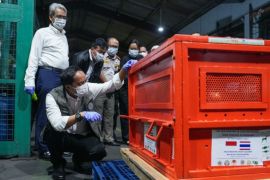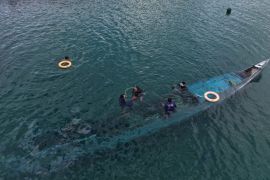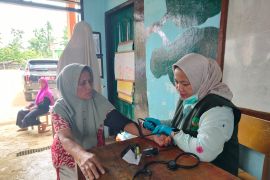The collaboration was formalized through the signing of a cooperation agreement on the Development and Application of Assisted Reproductive Technology (ART) and Biobanking for Endangered Wildlife.
In a written statement confirmed in Jakarta on Wednesday, Forestry Minister Raja Juli Antoni stated that the cooperation will deepen existing collaboration between both institutions to protect endangered wildlife.
"Because there has been a lot of previous collaboration, ensuring that our wildlife will not become extinct in Indonesia, so that our children and grandchildren will still know and be able to see firsthand our biodiversity," he said.
The signing of the cooperation agreement took place in Bogor, West Java, on Tuesday. It was attended by the Minister of Forestry, the Representative of the Minister of National Development Planning, the Rector of IPB University and his staff, representatives of the United States Ambassador to Indonesia, and several national and international conservation partners.
On that occasion, Minister Antoni emphasized the importance of mastering modern technology in strengthening national biodiversity conservation.
"The Ministry of Forestry strongly believes in the power of knowledge, and therefore, excellent cooperation from the Rector, the Dean, and researchers such as Dr. Badak Muhamad Agil is crucial to ensuring we can better protect our forests and preserve our biodiversity," he said.
The Minister of Forestry expressed the hope that the biobank to be established at IPB University will become a research center, so that foreign researchers will come to Indonesia, not just take Indonesia's biodiversity abroad for study.
Meanwhile, IPB University Rector Arif Satria stated that his institution has been extensively involved with wildlife to develop conservation technologies, known as ART, and biobank for the collection and storage of genetic material from wildlife.
He expressed the hope that the collaboration will make IPB University a center for studies and a reference for wildlife conservation technology in Indonesia and globally.
ART itself encompasses a range of reproductive technologies such as artificial insemination, in vitro fertilization (IVF), embryo transfer, and gamete and embryo cryopreservation.
Meanwhile, biobank serves as repositories for genetic material such as sperm, eggs, embryos, and even tissue, which can be used to support the sustainability of conservation programs in the future.
That step aligns with the Indonesian Biodiversity Strategy and Action Plan (IBSAP) developed by the government, which emphasizes the importance of sustainable biodiversity management through strengthening research, utilizing technology, and developing gene banks.
Within the IBSAP framework, the development of ART and biobank would be an adaptive strategy that supports wildlife management, particularly for species with small and fragmented populations.
Related news: Authorities arrest suspect in Merbabu deer poaching case
Related news: Forestry Ministry apprehends illegal logger leader in Riau
Related news: Govt to replicate Aceh elephant corridor in Lampung to curb conflict
Translator: Prisca Triferna Violleta, Martha Herlinawati Siman
Editor: Azis Kurmala
Copyright © ANTARA 2025
